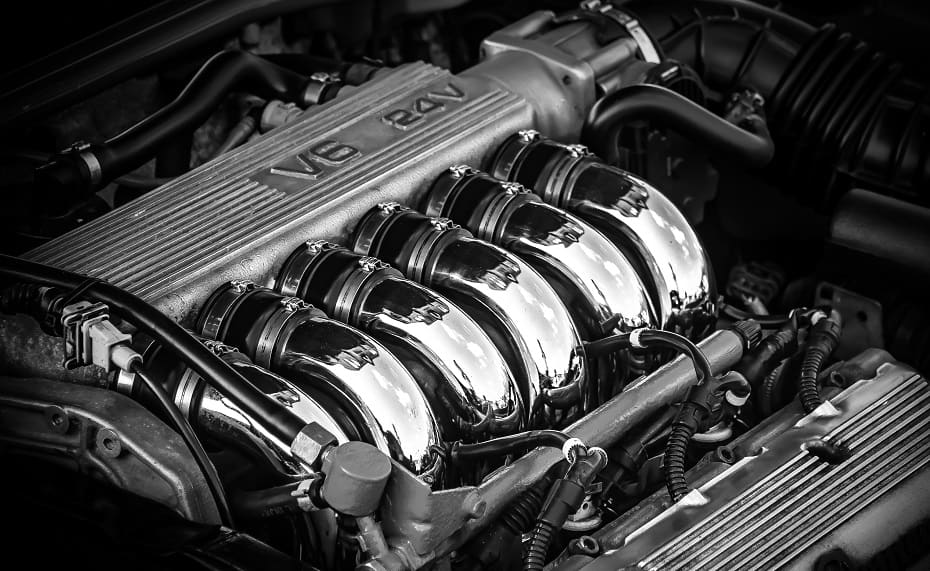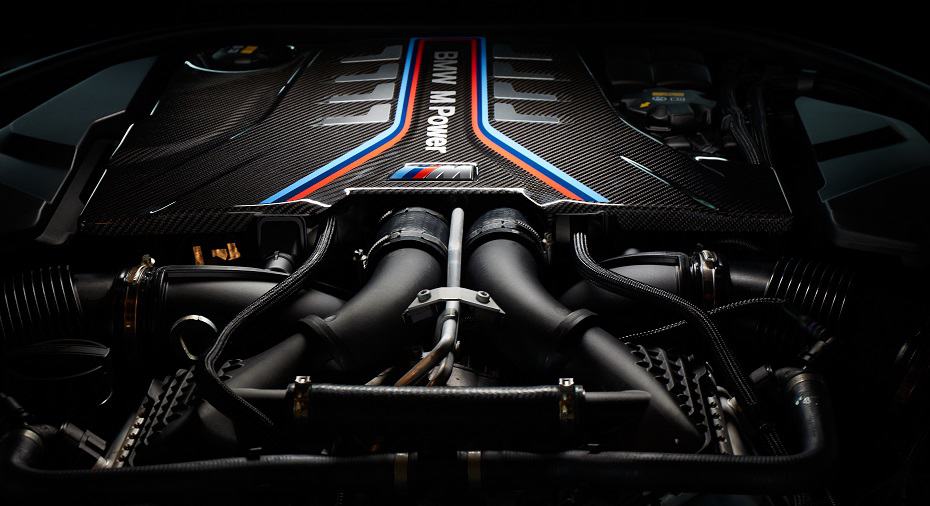It’s one of humanity’s oldest inquiries and is still being debated today: does bigger mean better?
Well, when it comes to naturally-aspirated engines – those without superchargers or turbochargers – the answer is: possibly. Annoyingly unclear, perhaps, but a certainty nonetheless.
Sticking to naturally-aspirated engines, it would be quite precise to say that larger engines make more horsepower.
How can you transform CC to HP? You can find a tool to convert CC to HP on this page.
Table of ContentsShow
Do Bigger Engines Make More Power?

In general, the larger your engine is, the more fuel it can burn per revolution. More gasoline leads to increased force and more power.
Of course, in reality, your car’s horsepower is based on far more than simply engine size. Forced induction techniques, metals and materials used, drivetrain efficiency, ECU settings, and many more factors make a significant difference.
For example, a Ford Focus RS will get you 345 BHP from a 2.3-liter supercharged four-cylinder. The Ford Crown Victoria 4.6-liter V8 generates 220 BHP.
The Crown Vic has twice the engine size but only 63% of the power. It still packs a substantial punch, but it shows how much more is at play than engine size.
What Is CC?

Engine size is measured in CC – cubic centimeters. It’s still common for many American manufacturers to list engine sizes in cubic inches. Convert cubic inches to cubic centimeters by multiplying CI by 16.4.
The “engine size” doesn’t refer to that massive block of metal you see when you open the hood. It’s about the volume in which the piston moves up and down in the cylinder. The bigger the size, the more space there is for fuel to combust.
Engine size is the complete volume across all the cylinders. So, a 2,000 CC four-cylinder engine would have 500 CC in each cylinder. In contrast, a 2,000 CC V8 (the tiniest V8 ever produced, fitted to the Ferrari 208 GT4 for the Italian market in 1975) would have 250 CC per cylinder.
It’s also essential to note that 1,000 cubic centimeters equal 1 liter. As such, 1,500 CC can be referred to as a 1.5-liter engine. Likewise, a 3,200 CC engine is recognized as a 3.2.
What Is HP?
HP stands for horsepower. It’s an imperial unit and a measure of power or, to use the exact definition, “the rate at which work is performed.”
1 horsepower is equivalent to 750 Watts or 550 foot-pounds per second. It’s calculated by multiplying force (pounds) and distance (feet) and dividing the outcome by time (minutes).
We say horsepower because of James Watt. He invented the steam engine, but needed to demonstrate it was better than a horse to make people use it.
Through observation, he estimated that a pony could pull 33,000 pounds of work in one minute. Thus, this became the standard against which all modern engines have always been evaluated.
You may have heard of brake horsepower or wheel horsepower, expressed as BHP or WHP. These are assessments of the car’s power at its wheels. Horsepower, in contrast, is a measurement of the strength in the engine.
Brake horsepower (or wheel horsepower) is what dynos measure and is a more accurate indicator of a particular car’s performance – although the disparity between HP and BHP should be minimal.
These days, you might see metric power units on various European vehicles. They’re about 1.5% different from “traditional” horsepower but use metric units instead of imperial. PS, CV, and Watts are all employed today.
How Do You Convert CC to HP?

So, how much CC equals 1 horsepower? Again, this question is essentially difficult to calculate. Your engine produces the power it produces. Look it up in your owner’s manual!
In a naturally-aspirated engine, you might find approximately 15 CC equals 1 horsepower. For reference, converting 1,000 CC to HP would yield about 67 HP (by this calculation) and a 2,000 CC engine nearly 133 HP.
While this is a reasonable estimate, there’s a much more accurate way to know your engine’s HP: read it in your owner’s manual or online.
If you want to know the actual BHP of your car, you can consider taking it to a dyno. The mechanics will put it on a rolling road and measure the force produced by the wheels. This will give you a helpful indication of your vehicle’s performance in real-life and the amount of engine restoration needed.
CC To HP Calculator

To make things simpler, you could use a CC to HP conversion tool. Simply plug your engine size in, and the program will calculate it out for you.
As mentioned, converting CC to horsepower isn’t always completely accurate. However, it might give you a reasonable estimate of a naturally-aspirated engine’s power output.
Check out the calculator at the base.
CC To HP Calculator (Or HP To CC Calculator)
How Many CC Do I Need?
Do you need a powerful engine?
The response: likely not.
It depends on what you use your car for. In nearly every typical situation, there’s no need to accelerate to 60 mph in 4 seconds. Most people drive to and from work, to the shops, and to see family and friends.
Larger engines also usually produce more polluting emissions. If you pay tax on your car based on this, such as in Europe and the UK, smaller engines are much kinder to your wallet. They also use much less fuel and are easier to repair – more things for which your bank account will thank you.
So, when might you need a large engine? Well, if you like fast cars and dislike EVs, superchargers, and turbochargers, you’ll need a car with a huge motor. The classic American V8s often come with at least 4,000 CC (4.0-litre) engines. You’ll be looking at 4,000 CC or more for any kind of substantial power.
Off-roaders don’t necessarily need powerful engines. Rather than HP, you need torque – “rotational force” rather than “maximum speed output.” A suitable diesel engine or EV provides much more torque than any gasoline engine.
How To Convert CC To HP: Conclusion

Using a CC to HP converter is the easiest way of estimating your engine’s power output. However, always remember: it’s an rough calculation.
Manufacturers measure their products extremely accurately, so go off the figures in your owner’s manual.
If in doubt, visit a dyno. You’ll be able to find some nearby shops offering this service. It’ll give you an accurate wheel horsepower figure, so you know your car’s actual condition.
Engine horsepower can also be improved by:
- An efficient cooling system
- A carefully-engineered electrical system
- Using the optimal motor oil
- Adding forced induction (supercharger or turbocharger)
- Using high-quality parts (iridium spark plugs, cold air intake, etc.)
- Variable Valve Timing (VVT, VTEC, etc.)
- Adding performance parts
- And many more aspects.
**So, does larger equal better? For some things, maybe. For others, perhaps not. It’s all down to financial constraints, regional availability, and – most importantly – individual preference**.




